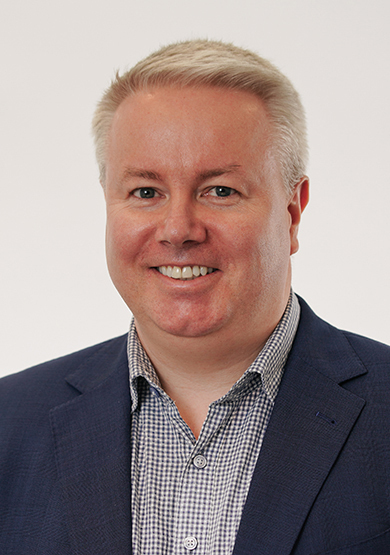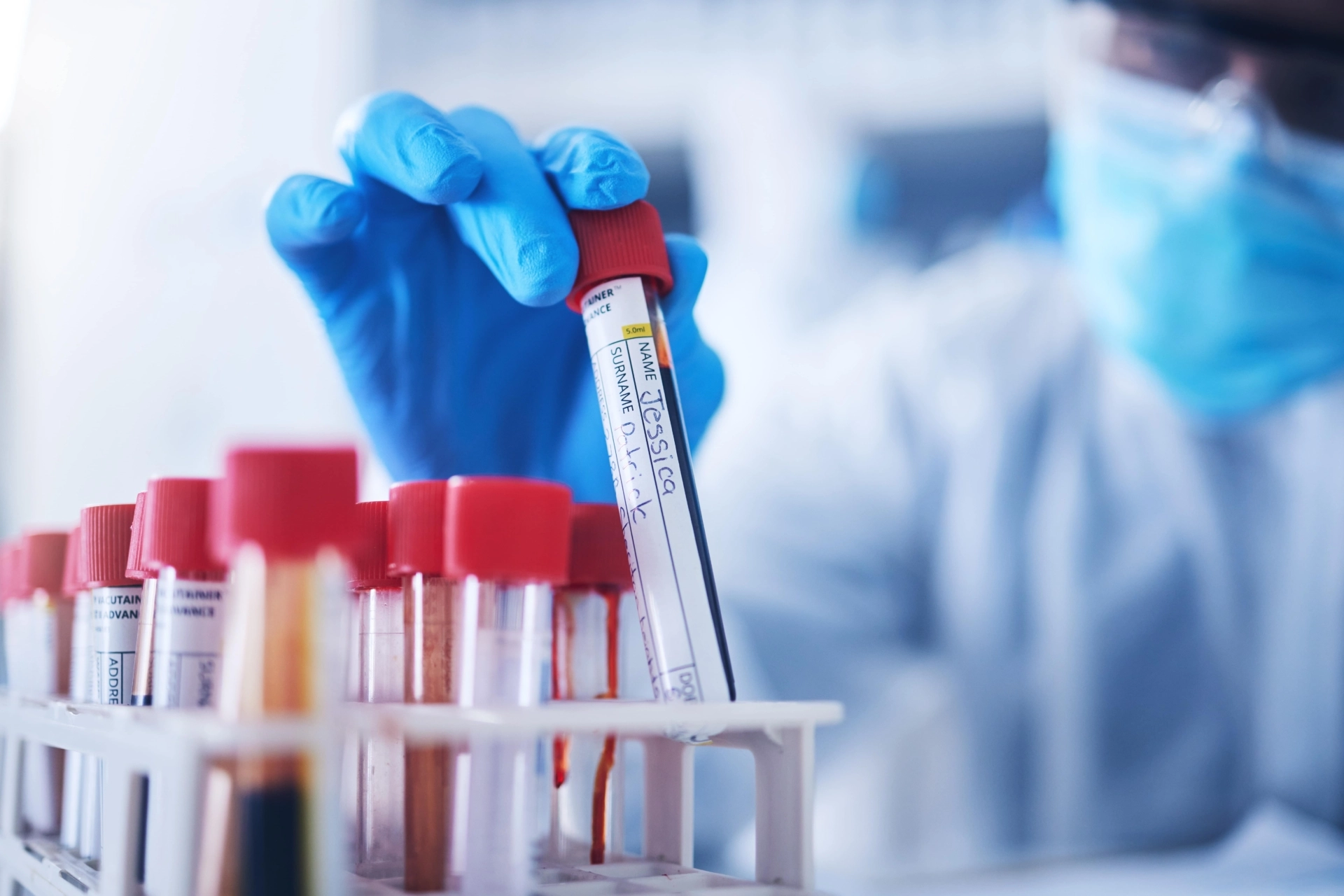Contact Details
Academic Qualifications: BA (Trinity College Dublin, Genetics; 2000), MSc (U. Ottawa, Bioinformatics & Bacterial Genomics; 2001), PhD (University College Dublin, Immunology; 2004).
Prof. Lynn is Head of Strategic Partnerships and Professor of Systems Immunology at Flinders University Health and Medical Research Institute (FHMRI) in Adelaide, South Australia; a Program Director in the Precision Medicine Theme at South Australian Health and Medical Research Institute (SAHMRI); and Scientific Director of the SA Genomics Centre, a national genomics facility supported under the Australian Federal Government National Collaborative Research Infrastructure Strategy (NCRIS). He leads an internationally regarded research program in systems immunology investigating how microbes (pathogenic and commensal) modulate the immune system in a range of contexts from immunisation to cancer immunotherapy. Prof. Lynn led the establishment of the gnotobiotic mouse facility at SAHMRI and his team are the primary users of those facilities. His work in the area of microbiome research has uncovered key roles of the microbiota in regulating vaccine responses (Cell Host Microbe 2018; Nature Reviews Immunology 2022; Gut 2023), mammalian longevity (Cell Reports, 2021) and cancer immunotherapies (Cell Reports Medicine 2021, Nature Reviews Immunology 2024). For example, Prof. Lynn’s team were the first to show that, in mice, antibiotic exposure in early life leads to impaired responses to 5 different infant vaccines that are administered worldwide. These preclinical findings led to a new NHMRC-funded prospective observational study in infants, which has now confirmed these findings in human infants (manuscript in review). Prof. Lynn’s expertise in systems immunology and microbiome research has led to significant funding from pharmaceutical companies including GSK, AstraZeneca, GPN Vaccines and Biom Pharma.
Since 2020, Prof. Lynn and his team have also generated important new knowledge on the immune response to SARS-CoV-2 infection and vaccination. He led one of the first studies to characterise long-term immune dysregulation in Long COVID patients (BMC Medicine 2021) and also led the COVID-19 Vaccine Immune Responses Study (COVIRS), one of the most comprehensive systems-level assessments of innate and adaptive responses to different COVID vaccines in adults (Cell Reports Medicine 2023). This study uncovered an unusual memory-like response after the 1st dose of the AstraZeneca vaccine, with implications for thrombosis with thrombocytopenia syndrome (TTS). His team also showed that the AstraZeneca vaccine did not induce a type of innate immune reprogramming called trained immunity (JCI 2023), as had been suggested by others. Prof. Lynn was also the Principle Investigator for the South Australian arm of the international BRACE trial, a Gates Foundation funded, international randomised controlled trial (>6000 participants) that assessed whether BCG protects against COVID-19 leading to multiple impactful publications including in the prestigious New England Journal of Medicine (NEJM 2023). Prof. Lynn is also the Coordinating PI of an NHMRC-funded experimental medicine study which is randomizing young health adults to antibiotics, or not, prior to vaccination with the BCG vaccine or placebo to assess the impact of depleting the gut microbiota on BCG-induced specific and non-specific effects (NCT06148025). This extremely innovative study assesses the efficacy of BCG vaccination via subsequent human infection challenges with attenuated bacteria and viruses.
Since coming to Adelaide in 2014, Prof. Lynn has been a Chief/Principal Investigator on projects worth >$35M in funding (from ARC, NHMRC, MRFF, BPA, European Commission, Industry). He has published 110 peer-reviewed articles to date, cited >11,000 times.
Find out more about David's research outputs, qualifications and affiliations on the
SAHMRI Researcher portal
The Antibiotics and Vaccine Immune Responses Study (AVIRS)
Project Status: RECRUITINGALL-IMMUNE Late-Effects Study
Project Status: IN PROGRESSThe GRACE Study
Project Status: IN PROGRESSThe Bloom Infant Probiotic (BIP) Study
Project Status: COMMENCING




